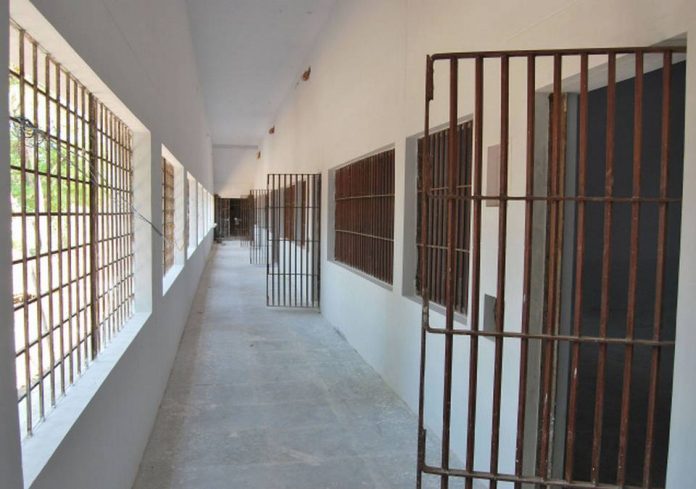New Delhi (ILNS): The Supreme Court has granted conditional premature release to two convicts for their “good conduct” during their stay for nearly two decades in prison.
The order was on an appeal filed by convicts Satish and Vikky, seeking special leave to appeal against a common order of April 28, 2017 of the Allahabad High Court. The petitioners were sent to life imprisonment under Section 364-A of the Indian Penal Code.
A bench of Justices N. V. Ramana, Surya Kant and Hrishikesh Roy held that they (the convicts) have displayed good conduct during their sentence of nearly two decades in prison. They were serving term for their crime of kidnapping for ransom and have “suffered the consequences of their actions” while being in prison for two decades.
The bench has given its reasons behind granting of release and said that they have shown more than satisfactory conduct in jail, according to the affidavit filed by that concerned authorities and that there must be a balance between individual and societal welfare.
The judgment said: “Given their age, their case ought to be viewed through a prism of positivity. They retain the ability to reintegrate with society and can spend many years leading a peaceful, disciplined, and normal human lives. Such a hopeful expectation is further concritised by their conduct in jail.”
Further, the court noted that the convicts had no material criminal antecedents. The court formed that view based on reformation theory and gave emphasis on the point that everyone should be given a chance to correct themselves.
The refusal to give premature release by the court was “vague, cursory, and merely unsubstantiated opinions of state authorities” without being based on facts and evidence.
“It would be gainsaid that length of the sentence or the gravity of the original crime can’t be the sole basis for refusing premature release. Any assessment regarding predilection to commit crime upon release must be based on antecedents as well as conduct of the prisoner while in jail, and not merely on his age or apprehensions of the victims and witnesses.”
In the present case, considering how the petitioners have served nearly two decades of incarnation and have thus suffered the consequences of their actions.
For the reasons stated above, the Special Leave Petitions are disposed of with a direction that petitioners be released on Probation in terms of Section 2 of the Prisoners Release on Probation Act, 1938 within a period of 2 weeks.
Read the judgment here;
Satish-Sabbe-vs-UP-ILNS


